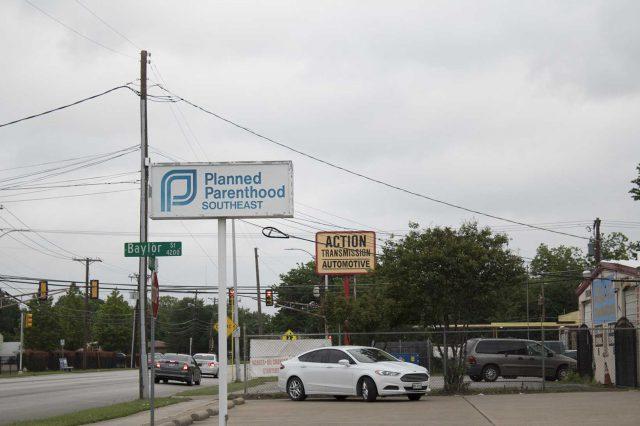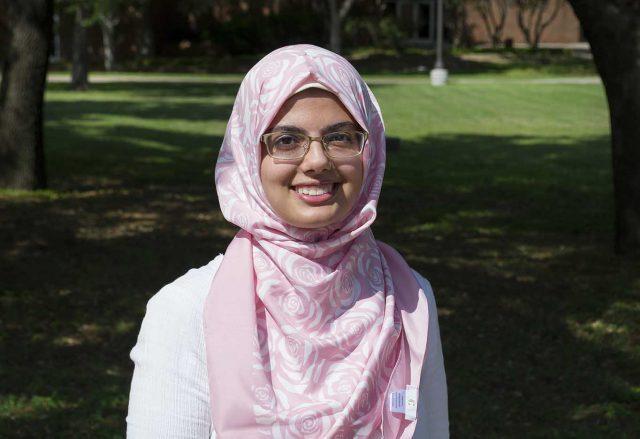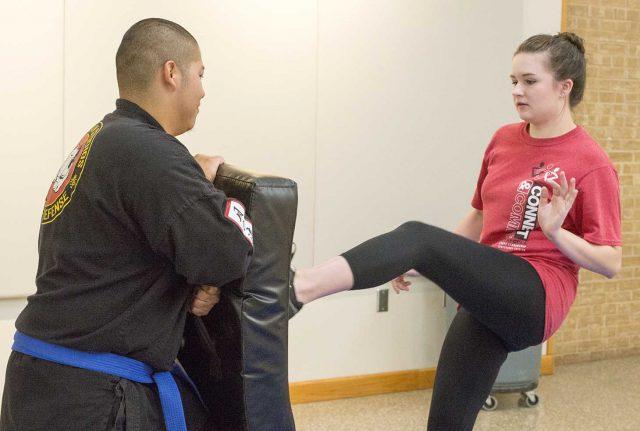By Andrew Forbes/reporter
Four members of Spectrum, a South LGBT+ Allies group, talked to South Campus students and faculty April 18 about everyday struggles and conflicts that occur in the LGBT+ community.
Tyler Jackson said the “+” was added to LGBT to mean “everyone else.” Sarah Ezrow explained the term homophobia.
“Homophobia has a huge impact on the LGBT+ community because it seems to come full circle from many different microaggressions that occur over and over again and eventually take a huge toll,” Ezrow said.
After focusing on sexuality for a segment, the conversation turned to conflicts revolving around transgender people. Two of the panel members, Faye Brewer and Roy Rodriguez, are transgender students. Brewer is intersex, a term that was once known as hermaphrodite but that is now considered derogatory and outdated. Rodriguez is an FTM, a female-to-male transgender or transsexual person. The two said many transgender people seem to stay closeted.
“Many transgenders don’t come out because they don’t have a choice, simply for their safety or job they hold, such as a CEO or professional athlete,” Rodriguez said.
Discussing the bathroom issues and laws regarding transgender people in Texas, Rodriguez reflected on a time shortly after he underwent surgery. When he used a female restroom at Target because he was in the process of transitioning, he said the police were called on him and he was hassled. He had to show his driver’s license and show his born gender to prove that he was indeed once a female.
The panel also covered pronouns used to describe members of the community. Although this was not considered as significant as some of the other issues discussed, panelists said it still is offensive to members of the LGBT+ community. For example, when Brewer had first declared herself female, she wanted to be referred to as “she” or “her” rather than “he” or “him.” Rodriguez agreed, saying people should use whatever pronoun members of the LGBT+ community prefer.
“Mistakes happen, but it gets old after you make it clear over and over again what gender you are and how you want to be referred as,” Rodriguez said.
Rodriguez said more people are starting to adapt to the movement of their community, but the ones with the toughest road ahead are transgender people.
“The transgenders are 60 years behind everyone else in the community,” Rodriguez said.





































